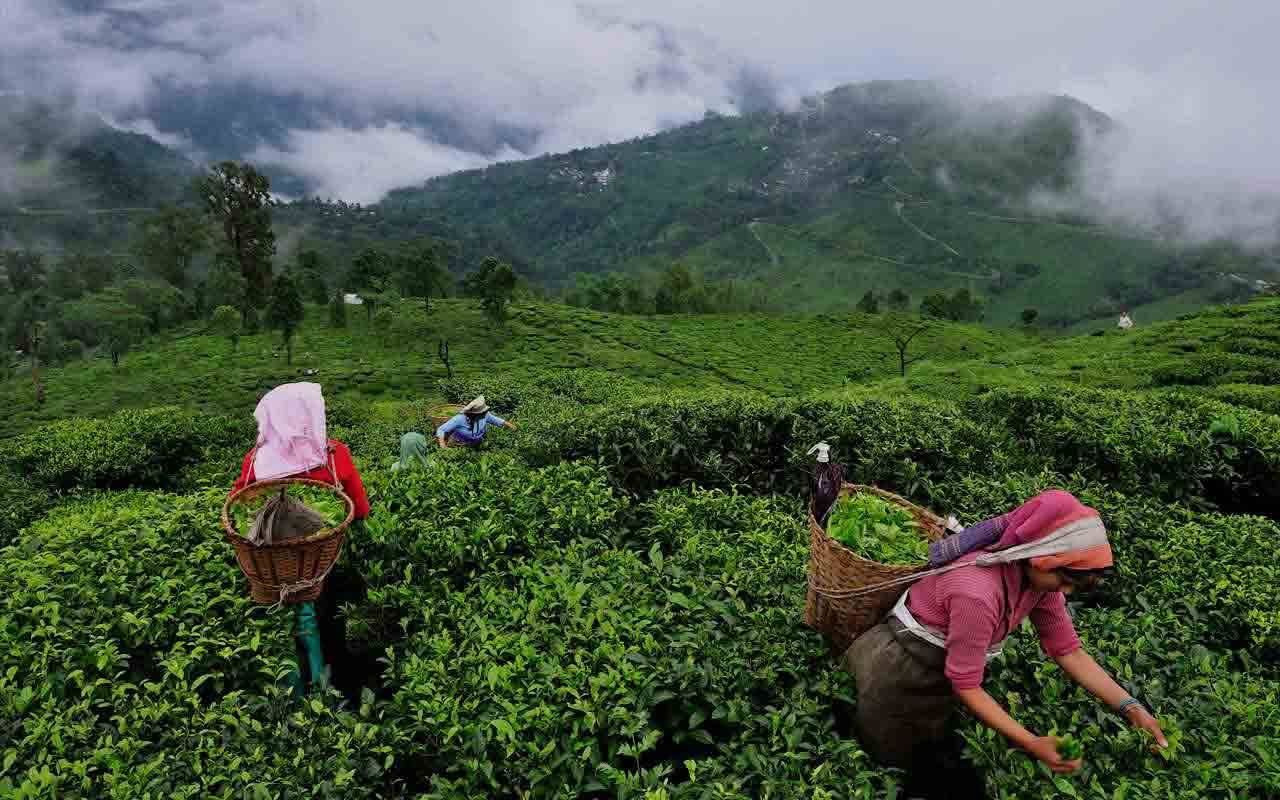
Due to the worsening of the climatic conditions due to global warming and other emissions, Crops all across the Globe are suffering, one such major crop that has suffered a lot is tea.
Assamese tea is one of the many species of Tea that’s suffering the most. The region of Assam is well known for its tea production. It experiences three flushes every year, the first of which occurs between March and May/June. Then there's the second flush, which lasts from May/June to about October, and finally, the winter flush, which lasts from October to around December.
Assam tea is best known for its second flush (the period when the tea plants begin to sprout new leaves to be plucked), which occurs in May-June and is distinguished by its boldness and sturdiness, as well as traditional flavours of malt and woody astringency. It is prized for its rich flavour and vivid liquors, and it is regarded as one of the world's finest teas.
However, this year tea planters in Assam have actually stated that the tea is missing the second flush. According to a tea taster at Tocklai Tea Research Institute in Assam “The character of the second flush variety for which Assam tea is known was missing this time. There have been changes in climate for the last few years but this year has been drastic,”.
This itself is a major indicator of how climate change due to global warming is playing a key role in the presence of nutrients and the taste of certain crops in the world.If climate breakdown continues at its present rate, some of the world's largest tea-growing areas will be among the hardest impacted by extreme weather, and their yields are expected to be drastically decreased in the next decades.
Tea consumers, on the other hand, may feel changes in their palate: the effects of flooding and excessive rainfall expected in many tea regions may modify the nuanced flavours of the tea leaf, potentially reducing its health benefits.
This effect will not be limited to just-tea but will also affect wheat and maize in the future according to a report published by NASA earlier in November.
















